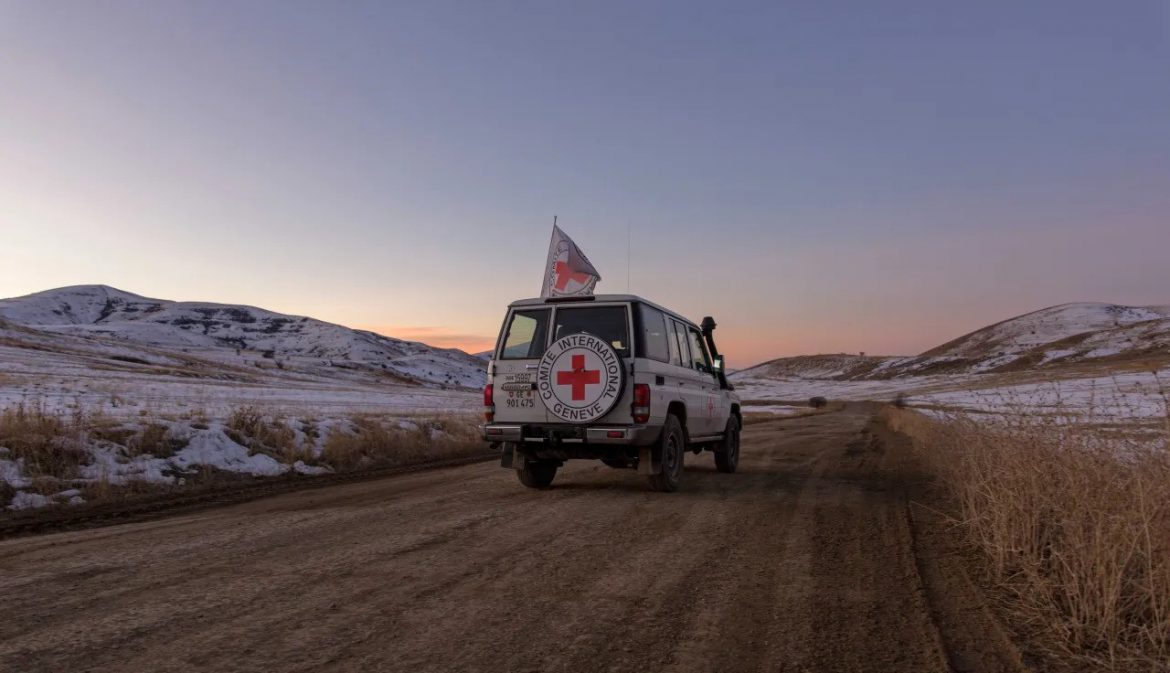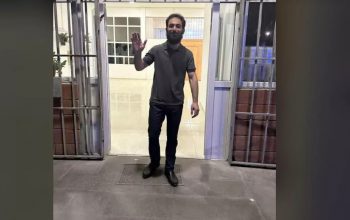Representatives of the International Committee of the Red Cross (ICRC) will reportedly no longer be able to visit Armenian prisoners held in Azerbaijan, according to their relatives in Armenia—a development that further deepens fears for the well-being of those captives and casts a darker shadow over ongoing Armenia-Azerbaijan “peace” negotiations.
The ICRC had been the sole international lifeline for these prisoners, facilitating visits to monitor their health, inspecting detention conditions, and arranging rare phone calls with their families. As of June, the organization had last been allowed to see the 23 detainees, eight of whom are former political and military leaders of Artsakh, including Armenian-born philanthropist Ruben Vardanyan. These prisoners, along with other captured Armenians from the September 2023 Azerbaijani assault on Artsakh, are subjected to what human rights advocates describe as “mock trials” in Baku.
While Azerbaijani authorities move to sever the last humanitarian connection between these detainees and the outside world, Prime Minister Nikol Pashinyan’s government presses forward with peace treaty negotiations that conspicuously exclude any binding demand for the prisoners’ release. Despite mounting calls for action, Pashinyan has repeatedly claimed that overt condemnation or pressure on Baku would “harm the defendants,” a justification that many in Armenia see as cowardice—or worse, complicity.
Critics argue that any treaty signed under these circumstances, without the unconditional return of Armenian political prisoners, is nothing short of traitorous. It legitimizes Azerbaijan’s war crimes, abandons compatriots to indefinite captivity, and gives President Ilham Aliyev free rein to continue using Armenian lives as bargaining chips.
Jared Genser, Vardanyan’s U.S. lawyer, warned that the draft peace deal reportedly commits both sides to withdrawing international lawsuits without addressing the prisoners’ fate. “If the prisoners are not released before the treaty is signed,” Genser said, “Aliyev will have total impunity to keep them trapped in Azerbaijan forever.”
The ICRC’s spokeswoman in Yerevan, Zara Amatuni, would not confirm or deny the reports but admitted that the organization is preparing to “suspend its activities in Azerbaijan.” Earlier this year, Baku had already announced plans to close the ICRC office in its capital.
For many Armenians, the situation underscores a brutal truth: a “peace treaty” signed while Armenian political prisoners languish in enemy cells is not peace, but surrender.




